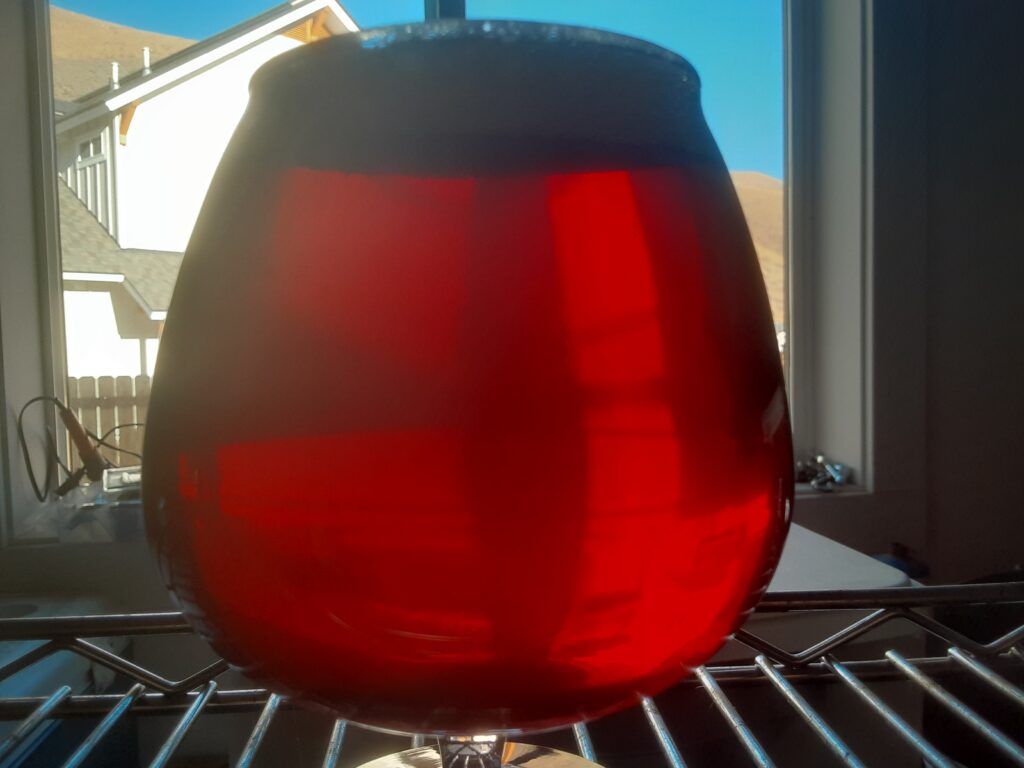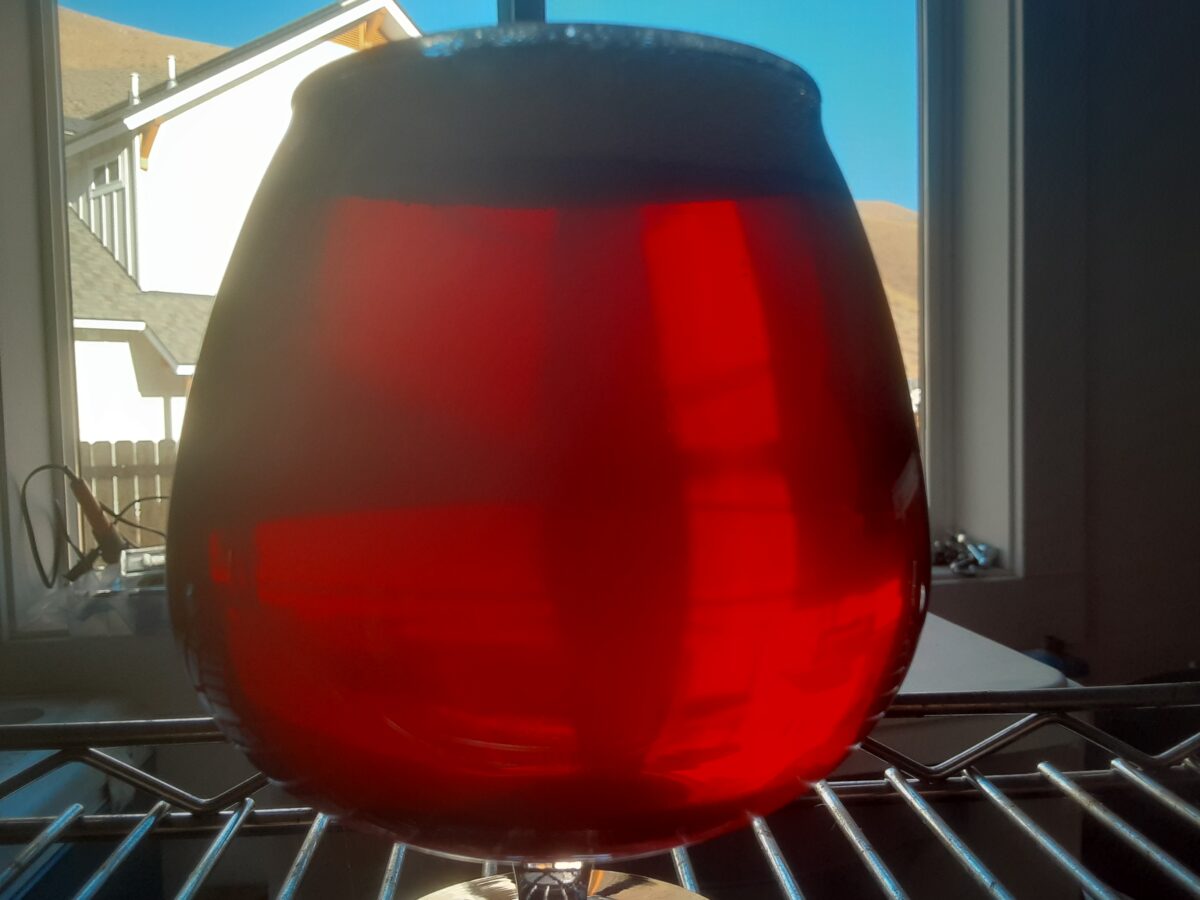
When you’re just getting started in homebrewing, and especially when you’re making good beer, you’ll start thinking about starting a brewery. Some people try to short circuit the process by just thinking they can sell their homebrewed beer.
The information below is what I’ve learned from talking to brewers and listening to lawyers discuss some of the issues. I am not a lawyer, and some of my knowledge may be out of date, so make sure you consult a lawyer if you are starting a brewery, and especially if you’ve run afoul of the law.
What’s Allowed?
Under US law, you are allowed to make 100 gallons of beer or wine per person of legal drinking age in your household up to a maximum of 200 gallons per calendar year. It is also stipulated that the beverage is for personal consumption.
As of 2013, homebrewing is legal in all 50 states in the United States of America. Mississippi and Alabama became the last two states to legalize homebrewing.
The federal law is the most liberal of the laws relating to making beer and wine at home, with the 200 gallon maximum volume. Many states have a much smaller volume limit per year, and some states specifically limit the consumption of homemade beer and wine to the house where it was produced.
But What about Selling?
As with most alcohol production throughout human history, governments end up levying taxes on commercial alcohol producers. As soon as you start selling your product, the government wants their cut of the money. In historical contexts, some governments based their taxes on the size of the mash tun or kettle.
Currently, in the USA, federal taxes are levied based on the volume of beer produced and packaged for sale. In addition to the federal tax, most states also have an excise tax brewers must pay in order to sell their beer in that state.
Licenses
Commercial breweries must be licensed by the federal government, specifically the Alcohol and Tobacco Tax and Trade Bureau (TTB). This happens before breweries can even seek state and local licensing.
Prior to filing for your TTB certificate, you will want to make sure the location you selected will allow your brewery to be in business there. There are many laws regarding proximity to schools and other certain areas. Additionally, your local community may have additional requirements, and may not allow breweries.
Once you’ve received your TTB permit, you will start working with state and local authorities to receive applicable permits.
Health Inspections
Alcohol production is generally also subject to most of the food safety requirements for your state. Since people are consuming your product, it is treated like a special food product.
Your brewery will have to pass inspection with whatever department is in charge of breweries. Not every state treats breweries the same. Some use the department of agriculture to monitor breweries, but not all.
Most homes are not zoned in a way to allow commercial food production, including beer and wine.
Taxes
There are clearly written regulations about how to report and pay taxes for your brewery. Taxes and their payment is one of the main ways you will get in trouble if you try to sell your homebrew.
Without meeting all of the regulatory requirements, and then also filing and paying taxes, you will get in to trouble with the government.
Don’t Give Up
If you truly want to sell the beer you make, do not try to skirt the legal system. Follow the rules and do it right. It will be frustrating at times, but if you are determined to start a brewery, do it right.
I’ve heard stories about homebrewers that got caught playing a little too fast and loose with legalities. One problem is that if you get caught, the government is going to examine you more closely when you try to start a brewery legally. And in some cases, you could be barred from opening a brewery, depending on the severity of your offense.
And based on talks I’ve had with brewers, I’d recommend working in a commercial brewery before you try to start one. Commercial beer production is very different from homebrewing.
In my opinion, the bottom line is that you shouldn’t sell your homebrew. There’s too much risk and too little reward. Share it with friends, but don’t sell it unless you’ve gone through the process to be legal.
#BrewUpAnAdventure
